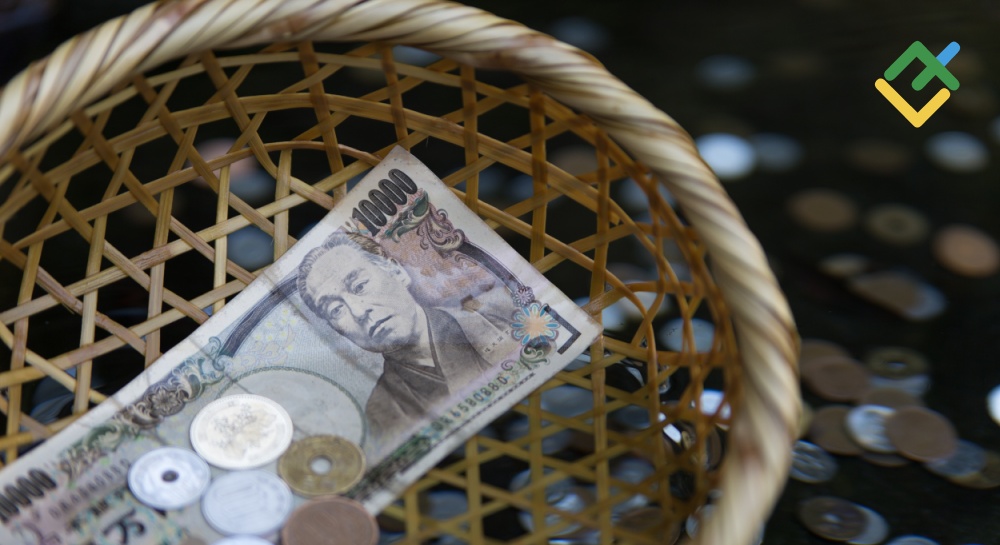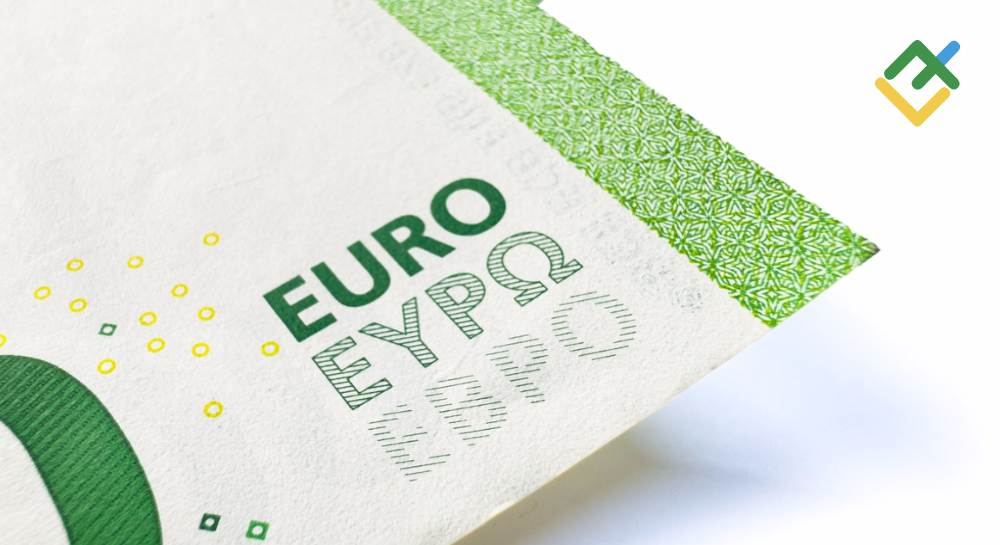eToro has expanded services around cryptocurrencies in Germany with the launch of spot trading, the company announced. Until now, it has only allowed its German customers to trade cryptocurrency contracts for differences (CFDs).
Spot Trading with Local Partners
The Israeli broker further confirmed that it has partnered with DLT Finance to offer spot trading and Tangany for custody services. Both crypto platforms are locally regulated by the German Federal Financial Supervisory Authority (BaFin).

Although the partnership with DLT Finance is a fresh one, its deal with Tangany was signed earlier this year. The German entity of the broker migrated the crypto holdings of its clients to Tangany from another crypto custody provider.
The broker highlighted that German customers who trade cryptocurrencies on eToro will have DLT Finance as their trading counterparty, and the digital assets will be stored with Tangany on their behalf.
“Once the partnership is live, and you decide to buy or sell crypto assets, you will be asked to agree to the Terms and Conditions (T&Cs) of DLT Finance, Tangany, and eToro, as well as their privacy policies,” eToro noted (translated from German).
At the start, the broker will charge a 1 percent fee for buying and selling crypto assets; however, “fees may change in the future.”
Changes in Crypto Offerings
The expansion of the crypto services came a couple of weeks after eToro settled with the Securities and Exchange Commission (SEC), paying $1.5 million. The broker agreed to scale down its crypto offerings in the US by only offering Bitcoin, Bitcoin Cash, and Ether.
Earlier this year, the Israel-headquartered broker also restricted its support for non-leveraged CFD crypto trading in France and Australia, asking traders to close the non-leveraged long positions. However, it continued to offer physical, non-leveraged crypto trading in both countries.
As Finance Magnates reported earlier, eToro also launched staking with Solana and Ethereum for its physically-held crypto assets. Meanwhile, the broker plans to go public, although its deal with a blank-check company collapsed earlier.
eToro has expanded services around cryptocurrencies in Germany with the launch of spot trading, the company announced. Until now, it has only allowed its German customers to trade cryptocurrency contracts for differences (CFDs).
Spot Trading with Local Partners
The Israeli broker further confirmed that it has partnered with DLT Finance to offer spot trading and Tangany for custody services. Both crypto platforms are locally regulated by the German Federal Financial Supervisory Authority (BaFin).

Although the partnership with DLT Finance is a fresh one, its deal with Tangany was signed earlier this year. The German entity of the broker migrated the crypto holdings of its clients to Tangany from another crypto custody provider.
The broker highlighted that German customers who trade cryptocurrencies on eToro will have DLT Finance as their trading counterparty, and the digital assets will be stored with Tangany on their behalf.
“Once the partnership is live, and you decide to buy or sell crypto assets, you will be asked to agree to the Terms and Conditions (T&Cs) of DLT Finance, Tangany, and eToro, as well as their privacy policies,” eToro noted (translated from German).
At the start, the broker will charge a 1 percent fee for buying and selling crypto assets; however, “fees may change in the future.”
Changes in Crypto Offerings
The expansion of the crypto services came a couple of weeks after eToro settled with the Securities and Exchange Commission (SEC), paying $1.5 million. The broker agreed to scale down its crypto offerings in the US by only offering Bitcoin, Bitcoin Cash, and Ether.
Earlier this year, the Israel-headquartered broker also restricted its support for non-leveraged CFD crypto trading in France and Australia, asking traders to close the non-leveraged long positions. However, it continued to offer physical, non-leveraged crypto trading in both countries.
As Finance Magnates reported earlier, eToro also launched staking with Solana and Ethereum for its physically-held crypto assets. Meanwhile, the broker plans to go public, although its deal with a blank-check company collapsed earlier.
This post is originally published on FINANCEMAGNATES.


